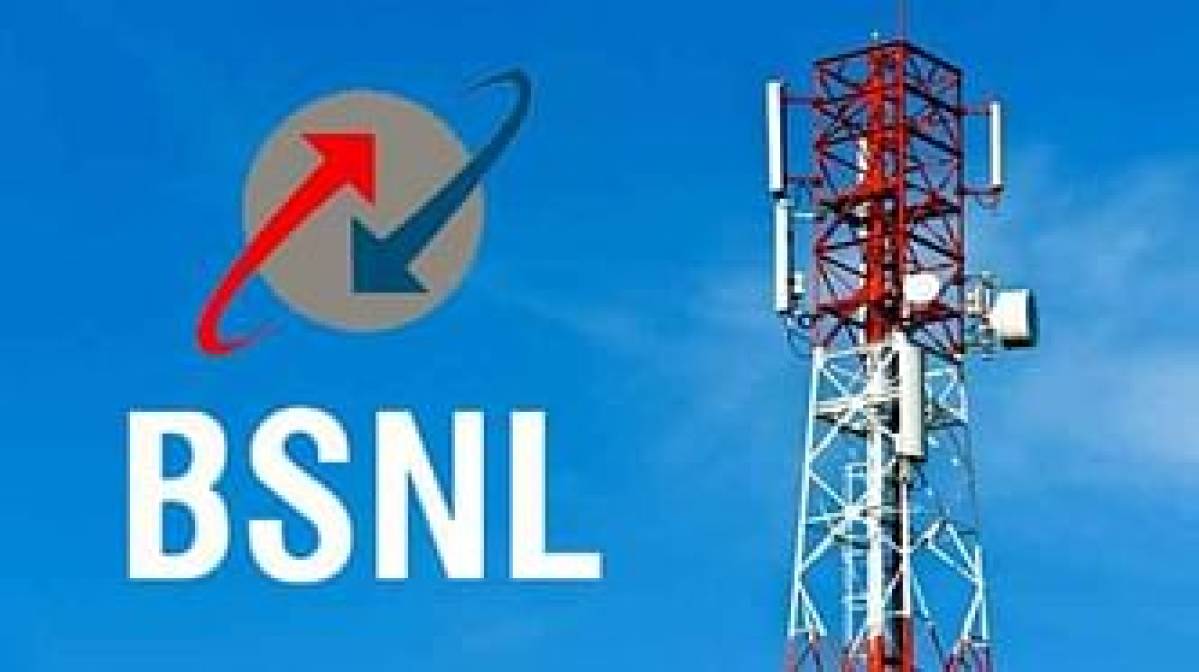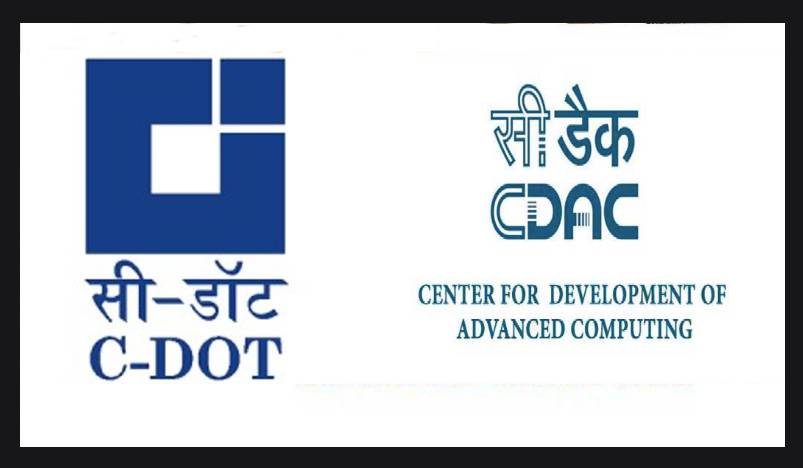To de-stress the telco’s balance sheet, Rs 33,000 cr statutory dues will be converted into equity and a similar amount of bank loans will be repaid through the issue of low-interest bonds
New Delhi, NFAPost: The Union Cabinet has approved a Rs 1.64 trillion package for the revival of state-owned telecom firm BSNL, Telecom Minister Ashwini Vaishnaw said.
The revival measures approved by the Cabinet focus on fresh capital for upgrading services, allocating spectrum, de-stressing its balance sheet and augmenting its fiber network by merging Bharat Broadband Nigam Ltd (BBNL) with BSNL.
Briefing reporters on the decision taken by the Union Cabinet, he said the package has a cash component of Rs 43,964 crore and a non-cash component of Rs 1.2 trillion spread over four years.
The government will make administrative allocation of spectrum BSNL needs to offer 4G services. The allocation of spectrum in 900/1800 MHz band at the cost of Rs 44,993 crore would be through equity infusion.
He said to meet the projected capital expenditure for next four years, the government will fund capex of Rs 22,471 crore for developing 4G technology stack.
Also, the government will provide Rs 13,789 crore to BSNL as viability-gap funding for commercially unviable rural wireline operations done during 2014-15 to 2019-20.
To de-stress the balance sheet, Rs 33,404 crore statutory dues will be converted into equity. Besides, the government will provide sovereign guarantee for raising money to repay current loans, he said.
To facilitate wider utilisation of infrastructure laid under BharatNet, BBNL will be merged with BSNL, he said.
The infrastructure created under BharatNet will continue to be a national asset, accessible on a non-discriminatory basis to all the Telecom Service Providers.
The Minister said the Union Cabinet also approved a project for saturation of 4G mobile services in uncovered villages across the country at a total cost of Rs 26,316 crore.
The project will provide 4G mobile services in 24,680 uncovered villages in remote and difficult areas, he said.





